

Matt Campbell
2025 Porsche 911 Carrera T review
5 Days Ago
'It's disappointing for me to not see any of the Volkswagen Group vehicles in that top 10 [EV] list that came out this week. I want to dominate that list.'

Senior Contributor
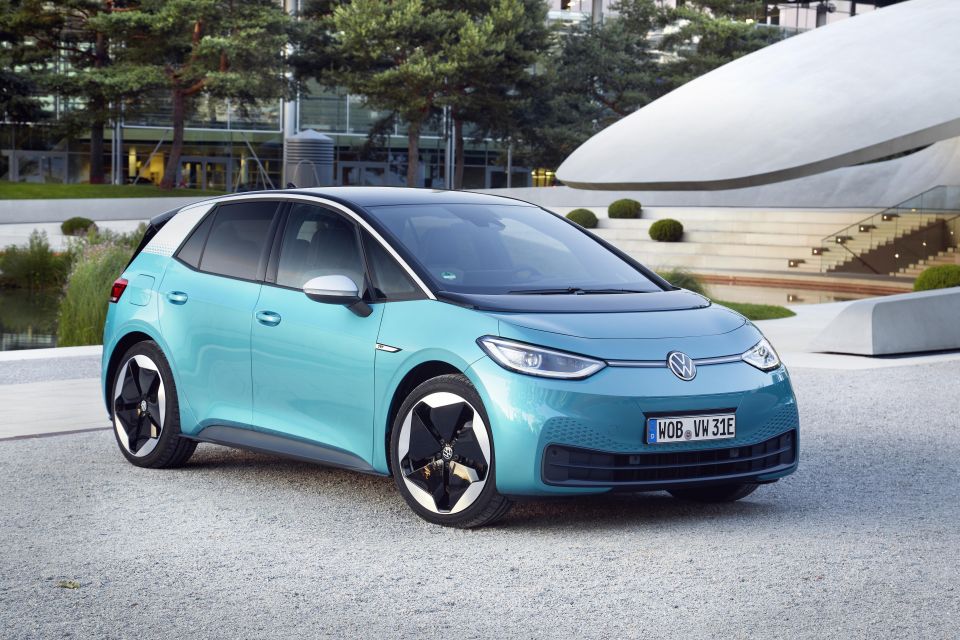

Senior Contributor
The Volkswagen Group Australia sales company oversees local operations for four big car brands and has a fifth on the way. The initial quartet are Audi, Volkswagen Passenger, Volkswagen Commercial, and Skoda, and the latter is new kid on the block Cupra.
As of January 1 this year the young and sprawling sales organisation with north of 180 dealers and a new shared Sydney office complex, is led by Paul Sansom – promoted to the role from his position as Audi Australia managing director and a chairman of the Audi Foundation charity.
We got to know Mr Sansom’s predecessor in the role, Michael Bartsch, quite well on account of his outspoken nature and love of giving out meaty quotes. So the opportunity to talk with the new chief during his second month in the new role was not one to pass up.
Rather than focusing on specific brand issues, I wanted to talk bigger-picture, as reflects Mr Sansom’s role as the Group’s overall guide. For now he remains in charge of Audi, but a replacement is being sought to free him up for the broader role.
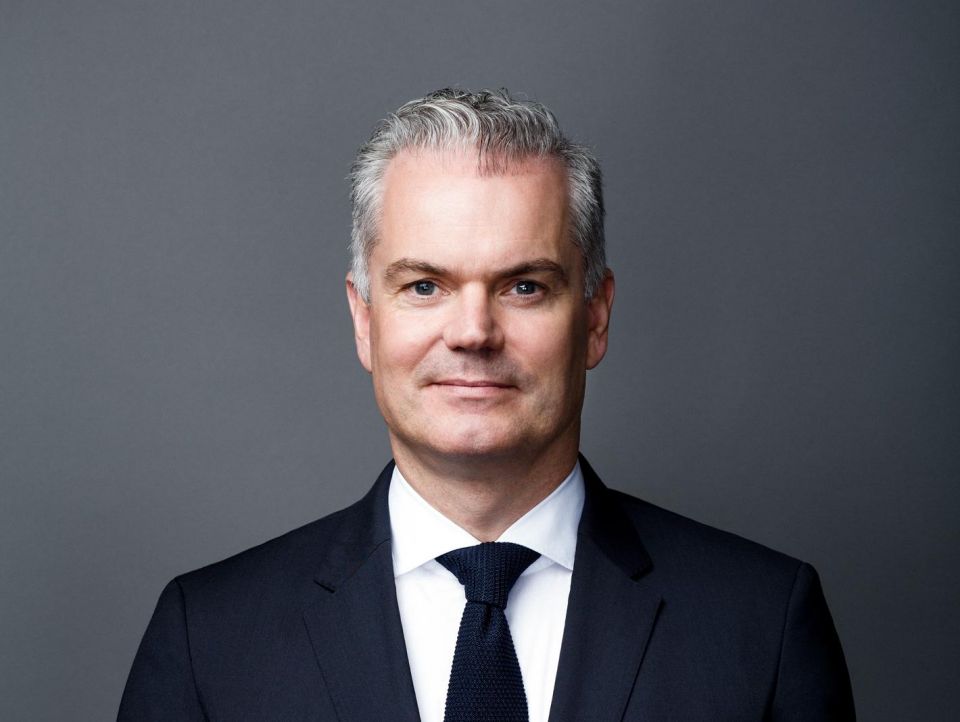
Mr Sansom’s automotive career commenced in 2001 as Jaguar’s national sales manager in the UK. He joined the Volkswagen Group in 2003 as a regional brand manager for Volkswagen, then became product and planning Manager. In 2006, he moved across to Audi where he held the role of aftersales and customer service director, before becoming overall sales director.
Audi became the UK’s best-selling premium brand in that period.
We talked about how to juggle so many brands, supply of vehicles, and future retail strategies. But as I’m sure you’ll agree, the strongest insights from this long interview came when discussing EV policies and government-imposed emissions targets, and how Volkswagen Australia must catch up fast.
As is our style, this piece is broken up into a Q&A format with plenty of links to the topics touched on.

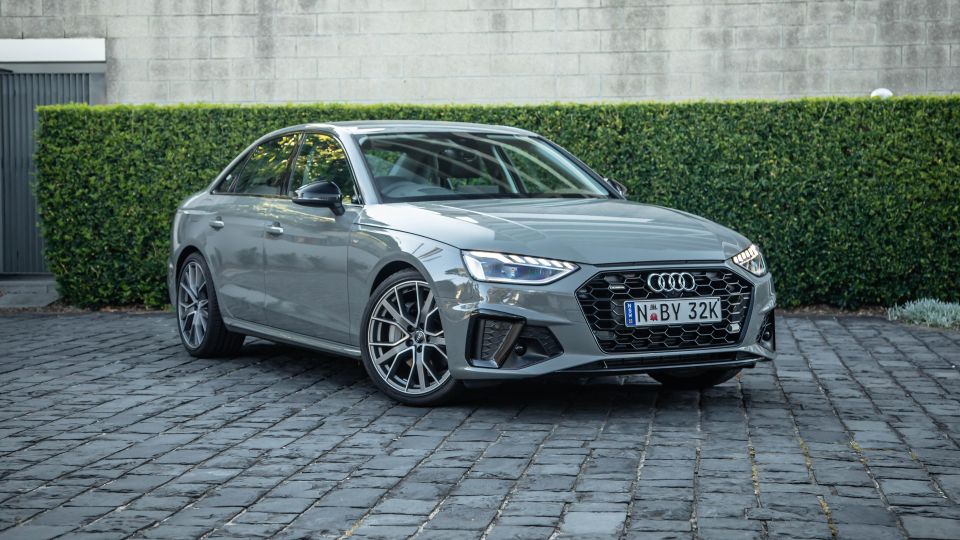
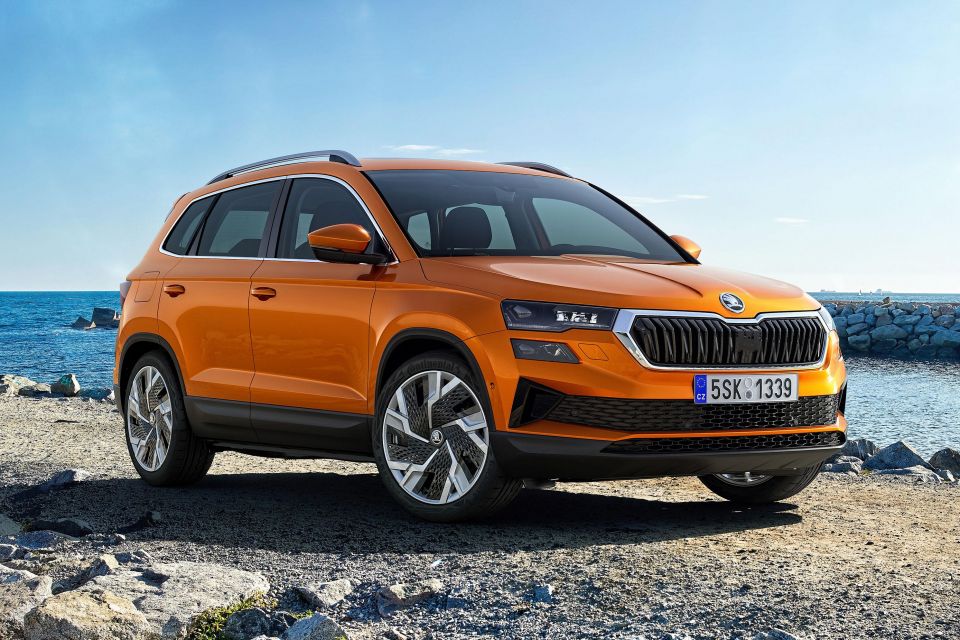

PS: The model that we’ve got here in Australia now is one with a proven track record all over the world – with the Group brands sitting under one roof – and I have experience of those business models in the UK and in South Africa.
It’s a common question. I actually see it as an advantage. The role of the Group MD is now a little different to [that of] Michael Bartsch because he had responsibility for the Volkswagen brand and Volkswagen Group Australia, which is now expanded to incorporate Audi and Cupra.
My job as the Group head is really just to oversee that there’s a logic to the Group’s brand positioning here in the market.
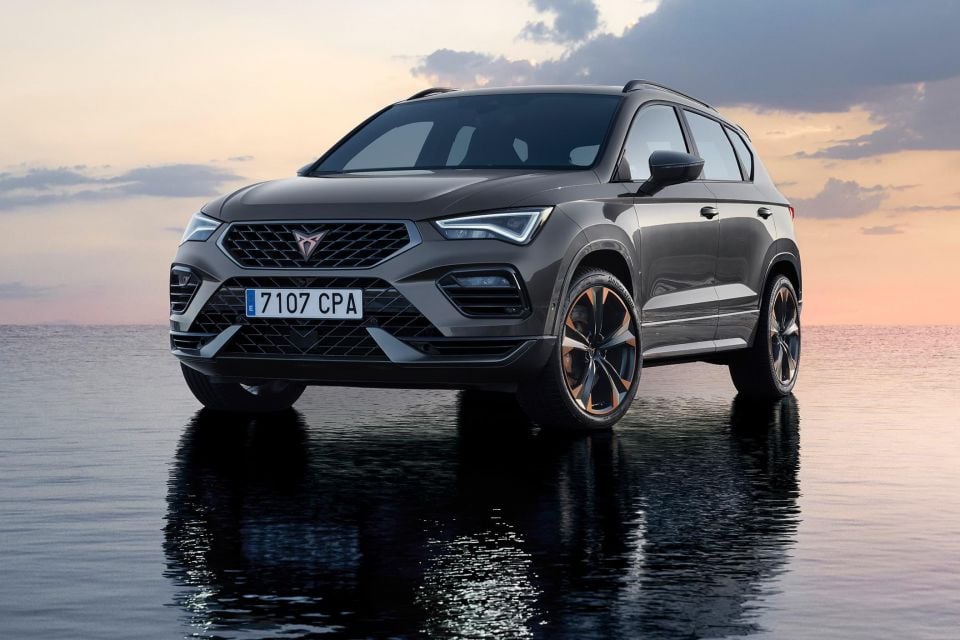
But the individual brand directors, of which we’ll have one for each brand now, their responsibility is managing their own brand’s unique image, identity, the value that they’re able to provide the customers, and the experience.
Yes, there’s overlap. There is. I don’t mind a little bit of overlap. Of course I will try and create some sort of logic into the steps. Where I see the advantage is, we’ve got an almost unrivalled position now, in offering something to everyone in every segment.
And if that means at some stage, a customer has got to make a choice, and it’s between two Group brands, I don’t mind. I’d rather they chose something within our Group, which they’ve got an option for in pretty much every segment.
I’d rather be in that position, is the answer, than in a position where we’ve got some huge gaps in the market, we can only realistically sell into a certain percentage of the market. Any substitution, as long as it’s within the Group, is fine by me.
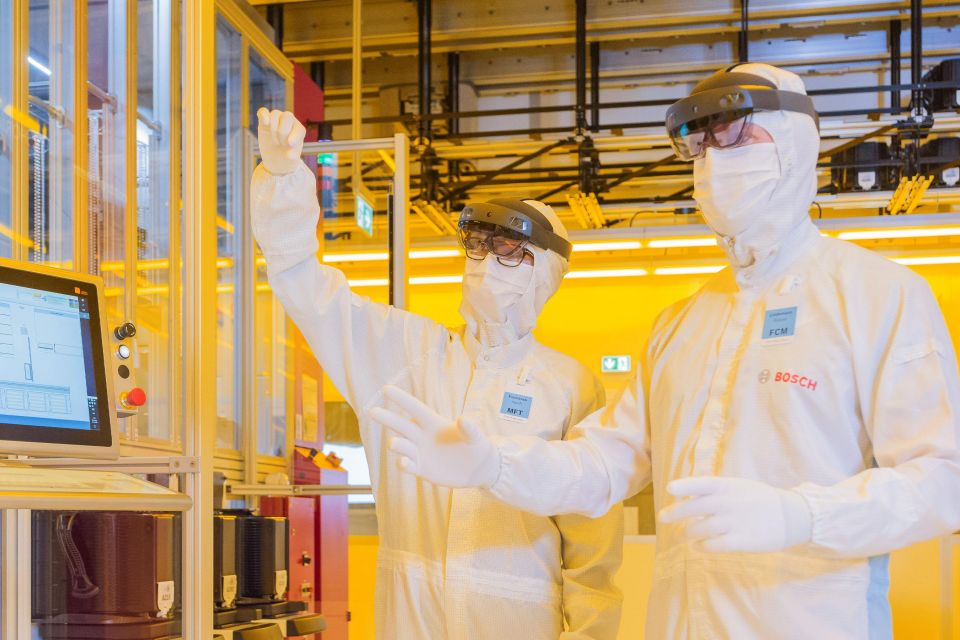
PS: Without a doubt, the Volkswagen Group brands are all experiencing the impact of the global semiconductor shortage, as is every other auto brand. I think, certainly the first half of 2022 will be pretty similar to how we experienced the second half of 2021, with the supply constraints.
We’re working through that with every Group headquarters, in terms of what we can still build to meet the demand, because the demand is strong. Our order banks across all brands are growing. I’m fairly confident by the end of this year, we’ll still grow as a Group year-on-year. I think we’ve got ample supply to be able to still grow year-on-year.
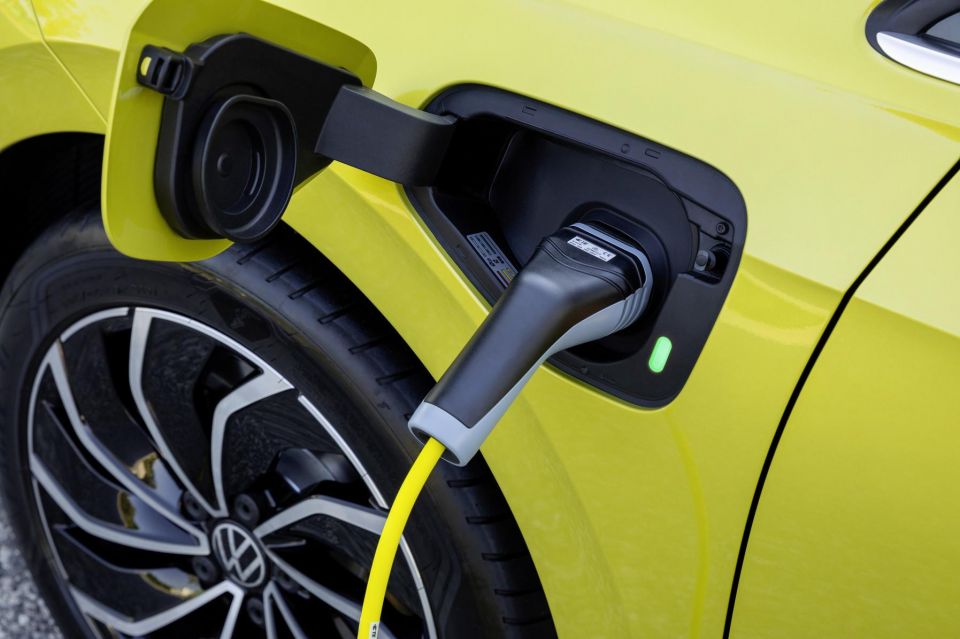
PS: I guess I’ll let others judge my communication style, but one thing I can promise you, it will be mine. It won’t be someone else’s. But I do believe that Volkswagen Group Australia now has an even better opportunity than before, given we’ve increased in size and market share now as one Group, to really help support a transformation of our industry.
I believe in a lot of topics where I think Volkswagen Group can assist, and I’ll certainly use the leverage that this office offers me and the Volkswagen Group, to help drive out, whether it’s transformation, policy change, whatever it might be, for the good of our industry and our customers. You’ll be hearing from me, I take that as an important responsibility that comes with the territory.
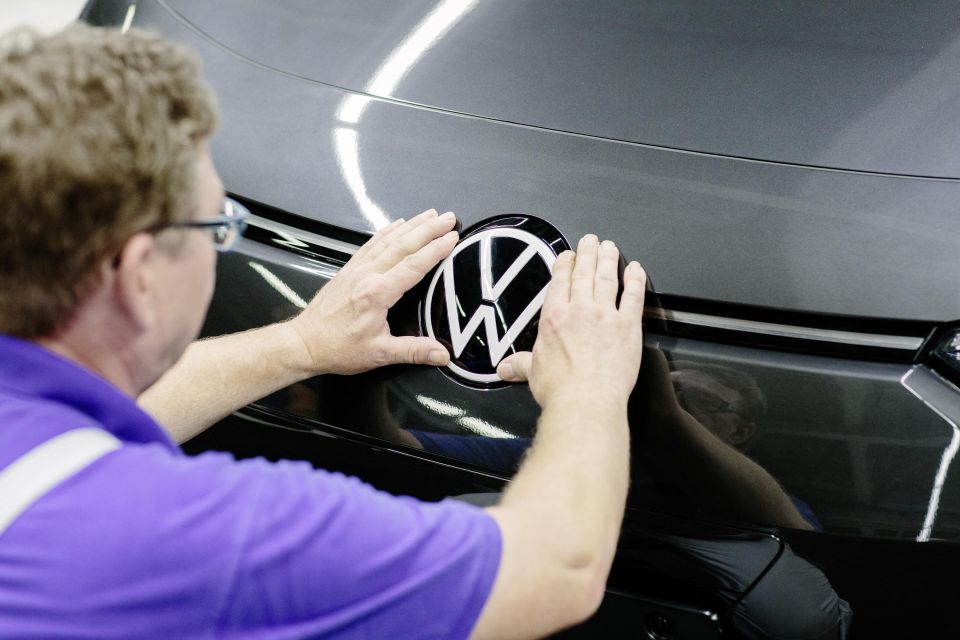
PS: I certainly support the narrative that’s come out of Volkswagen Group Australia, prior to 2022, around the importance of the transformation to EVs, and our current status quo versus perhaps some of the other more advanced markets around the world – Europe, US, even China – where policies that support EV adoption are more advanced than they are here.
I’m definitely a big advocate of that, that’s a hundred per cent our future. That’s a hundred per cent our view. You’ve heard a lot, you’ll continue to hear a lot. In fact, we’re going to amplify, we’ve already spoken in detail [internally] about that.
I’m encouraged by recent events here in Australia. I was quite discouraged to be honest, before arriving, I’ve only been here four years. I was a little bit discouraged by where we were in terms of EV adoption and government policy and investment in infrastructure.
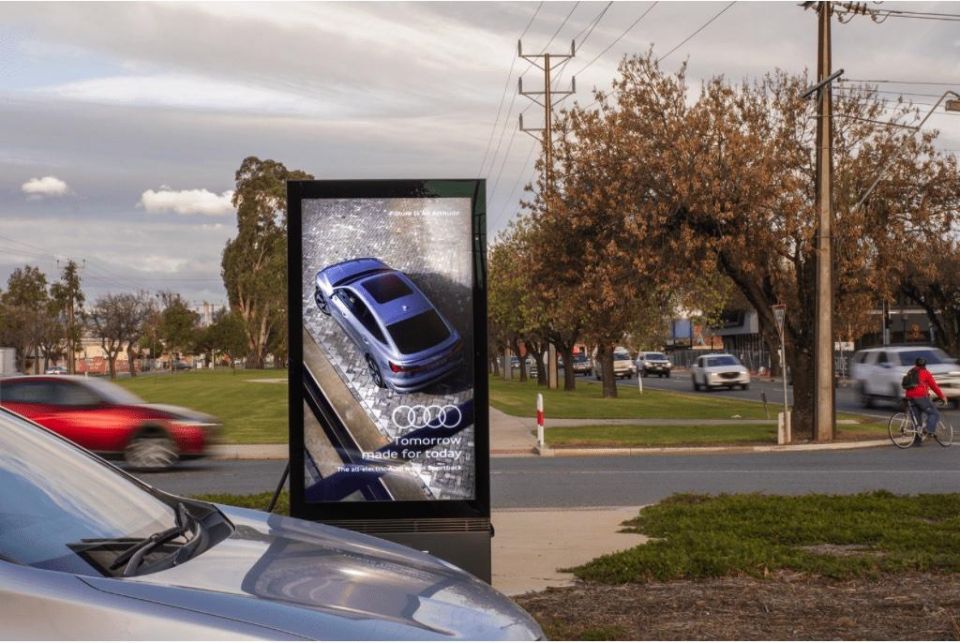
But more recently, I’ve been much more encouraged. I think we’ve got good reasons to be. The government, through ARENA, have made some sizeable investments into infrastructure. I encourage that to continue, and be amplified, of course.
But we’ve seen private equity getting involved in terms of developing more and more fast-charging stations around Australia, which is critical. I think that the tipping point is arrived at with the likes of Ampol’s recent announcement. Oil companies announcing that they’re going to be investing in charging facilities at their service stations. I’m encouraged by that.
I’m also encouraged by the media… In the lead up to Glasgow late last year, the media came out quite strongly and encouraged government [action], which I think will allow politicians here in Australia to feel more confident around policy change and driving policy change, because they’re not going to get so hammered as they were in the past in some segments of the media.
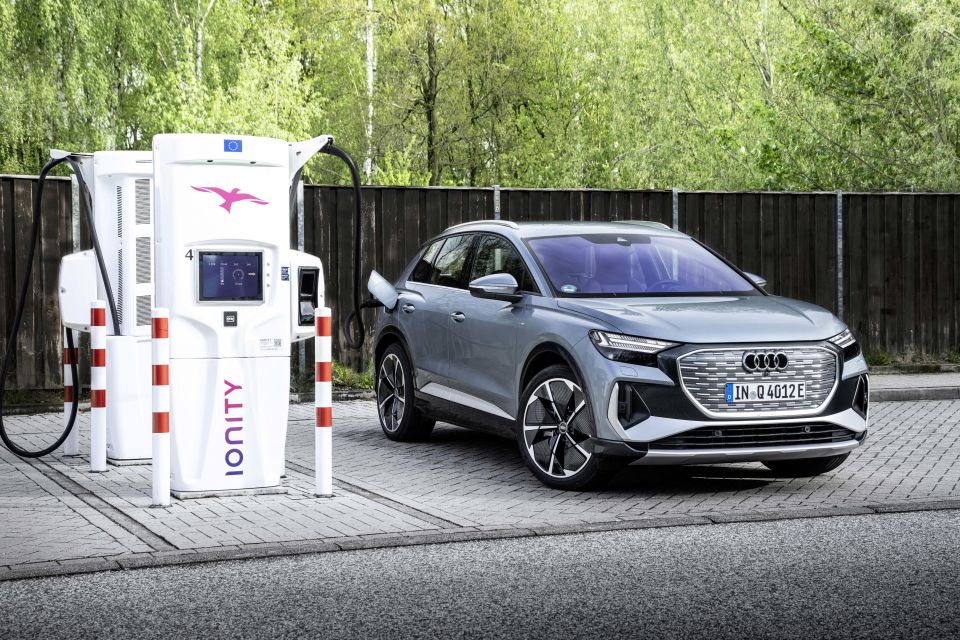
The success that somewhere like the EU is having, it’s got all of government, all of industry, and all of the media behind a topic and driving in the same direction, to a greater cause, and that to some extent we haven’t had here in Australia. More recently, I’m certainly seeing some great green shoots of that starting.
I think it’ll be very interesting as we approach the election this year, to watch our government continue to acknowledge that this is a really important topic for Australians, and the voters are very clear on that. I think both sides of government now will address this issue in a way that will have a significant impact, I’m pretty sure, on the acceleration of EVs in Australia.
We’ve already seen, the results were out just this week, weren’t they? Still questionable I think, as to exactly what the results were, one particular manufacturer just finalising their data, but even so it’s a significant increase in EV uptake, and still we’ve got a limited supply across all manufacturers, and limited models coming.
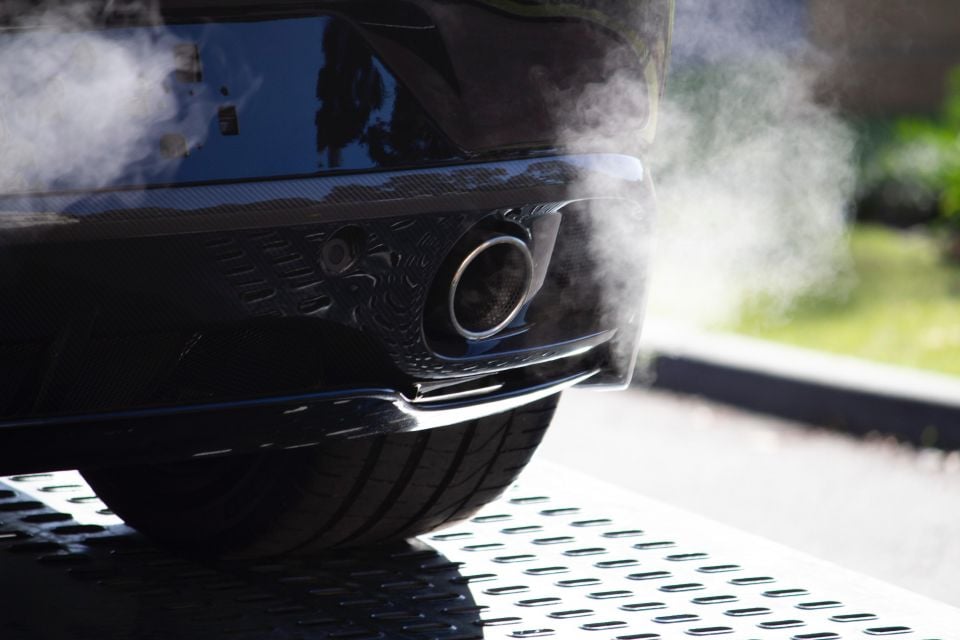
The sooner that we mandate, federally, some targets around CO2, the easier it will be for people like me, my peer group around the country, to influence our factories to send us more EVs.
There’s two things holding us up: There’s the semiconductors around all cars, whether it’s ICE or EV. But there’s also the fact that, where there’s legislation in other markets around the world, they’re getting prioritised over markets that don’t have the legislation, like Australia, and that’s just wrong, we should be on an equal footing with those markets around the world.
I’m certainly going to be campaigning. You asked me a question about my predecessor, he was very vocal on this topic, I’ll continue to, in my own style, use our influence here in the market to help drive that agenda forward.
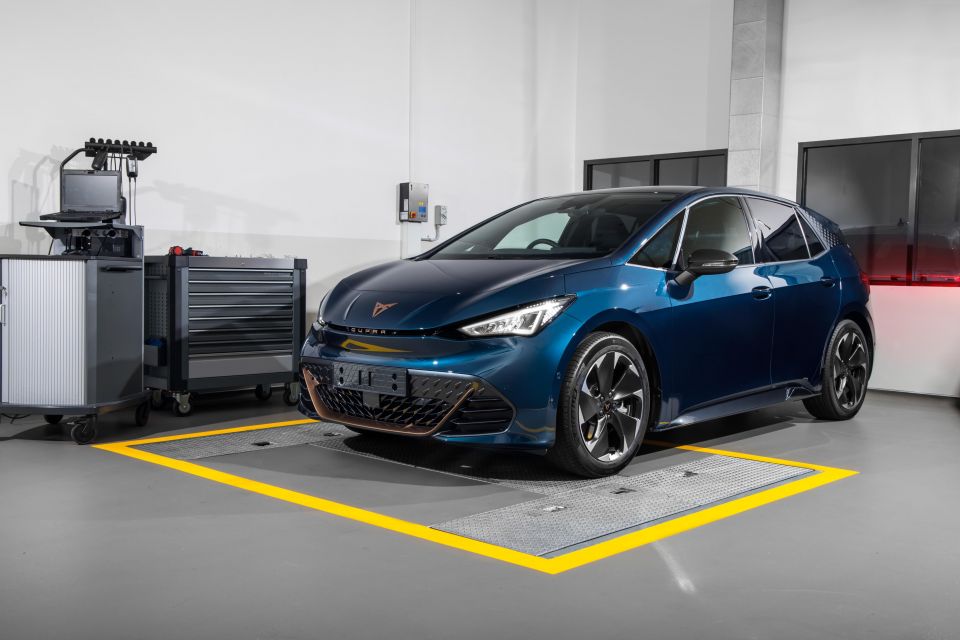
PS: You could make that discussion more complicated and complex, but it really does come down to that. It’s really that simple. In all of our Group factories… it’s not like you’re having conversions with one headquarters in Ingolstadt, compared to Wolfsburg, compared to Martorell, it’s one conversation that we have.
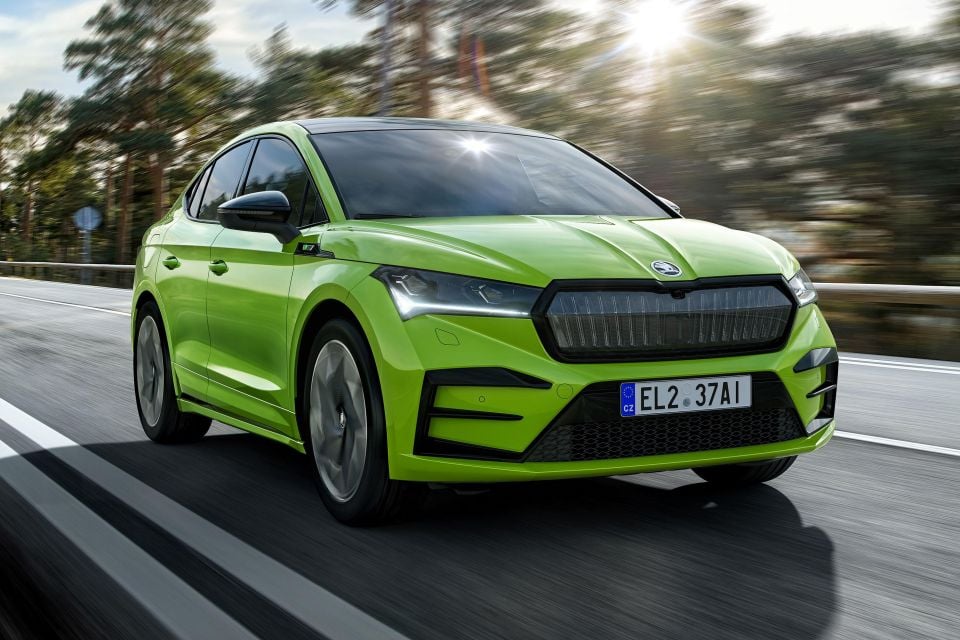
Without doubt the critical part of that conversation is ‘what’s the legislation in your country’? ‘Have we got targets to meet? That if we don’t meet them, there’s going to be penalties’. These are significant penalties in the EU and elsewhere. I’m happy to say that the results in the EU were announced recently for our Group and we actually overachieved, in Europe.
The cost to meet those targets for our fleet are enormous. So it really is the critical question, that if we don’t have that legislation in the market, then they’re [Group factories] going to prioritise the markets that have got it, to avoid very significant fines. It changes the game completely, it really does, and it will almost change the game overnight [here] if we can get those.
It’s quite illuminating to know that Australia is the only market in the world where, as an industry, we came up with our own targets, through the FCAI, and that took a lot of effort. I know Volkswagen Group and Audi were pushing hard on that topic, for so long, and not always universally I might add with all the manufacturers here.
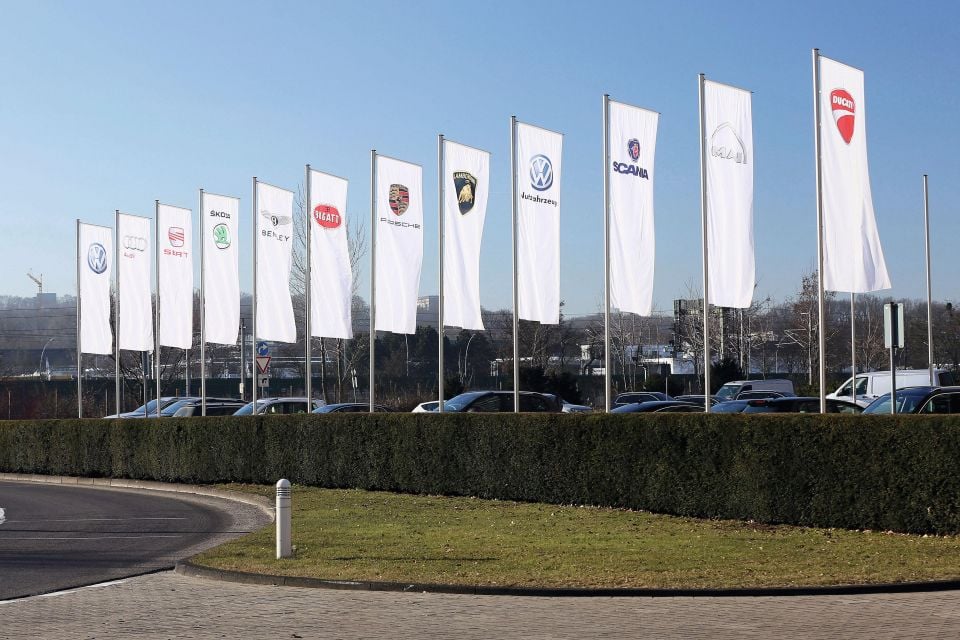
It was important that we did that because we genuinely believe in it, we’ve got a strong belief in where the industry is going and we take our responsibility, globally, probably more seriously than anyone because of some recent history in the Group that we are now putting right.
We’re responsible for putting that right. And we are.
Therefore it’s incumbent on us as the Group here in Australia to do our bit in our market, and it will make a big change. Without doubt it’s the most fundamental decision [a CO2 target] that will almost likely flick a switch overnight that will change the game for us here in Australia, in getting that production coming through.
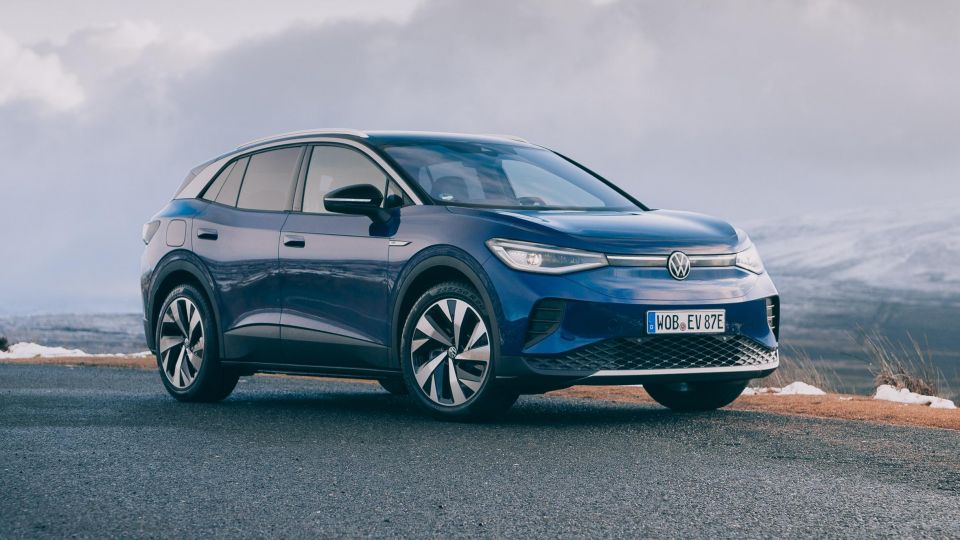
PS: Within the next 12 months, and within the next few years, we’re going to see a substantial increase in our BEV and PHEV offerings. As you say, Audi’s got it now, Cupra is coming. So too will Volkswagen and Skoda.
We locally here in Australia, are fighting hard to get those cars to the market, as many as we can and as quickly as we can, because you can see the market growth year-on-year, it’s been very strong and we expect that to grow exponentially, and we want to be part of it.
It’s disappointing for me to not see any of the Volkswagen Group vehicles in that top 10 list that came out this week. I want to dominate that list, that’s our ambition, our ambition is to be the foremost provider of low- and zero-emission vehicles in Australia.
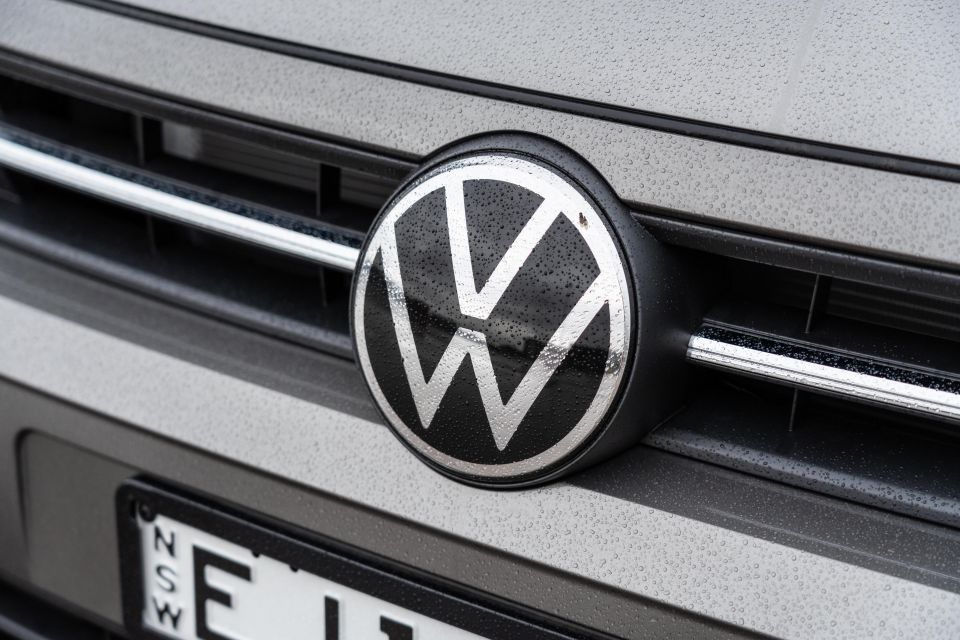
PS: There’s no evidence I see that it’s hurting the brand.
I think it’s a great question mark from our customers that are interested, and we know a lot of Australian consumers now are interested in EVs in general, and therefore by definition a high proportion of those customers will be interested in Volkswagen because we’re high on the choice list for anyone in the market for a new car given the breadth of our range of vehicles [and] across the Group brands.
… We do feel we are under some pressure to be able to deliver that, and that’s why I take that responsibility very seriously, as do all of the brand directors. It really is the main topic of conversations that we’re having on a daily basis with our headquarters, to keep pushing that start of production forward.
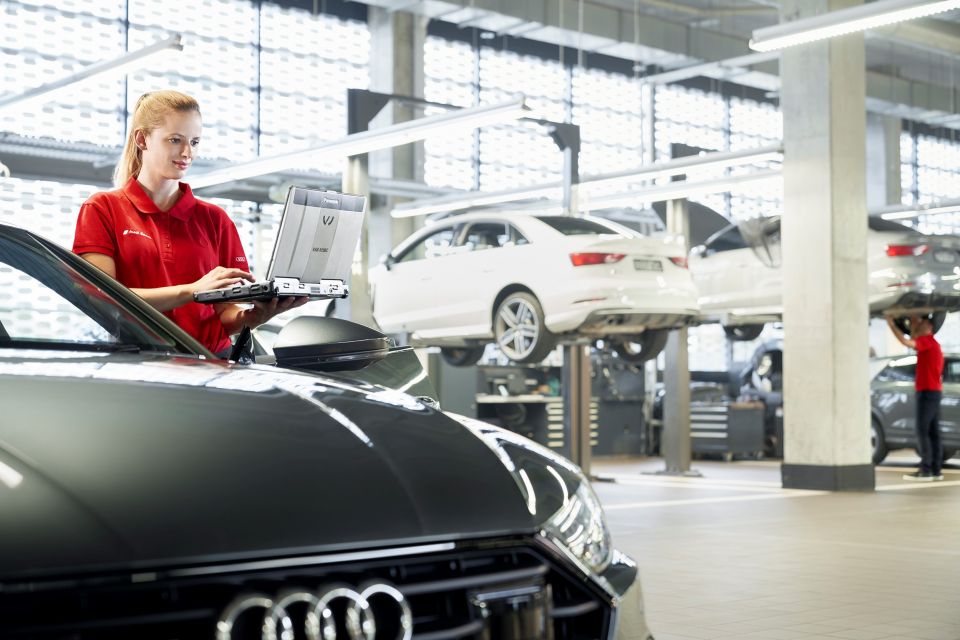
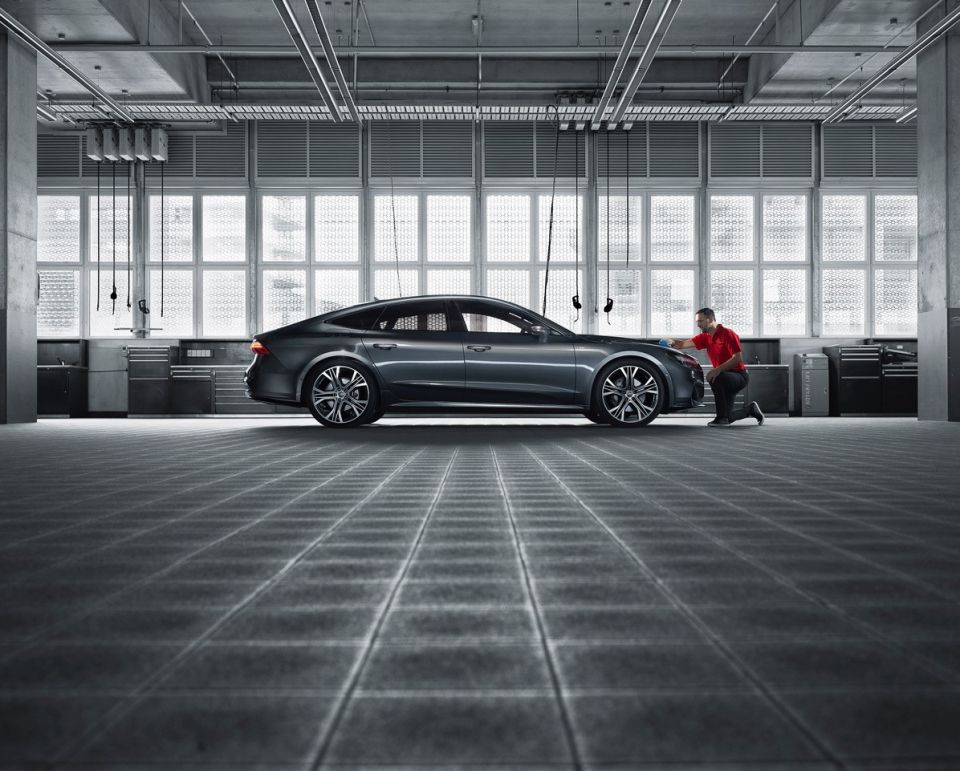
PS: It’s a great strength of Volkswagen Group Australia, that we’ve got the ability to launch a new brand here in Australia with no legacy, no existing business models to change, just starting with a fresh canvas with Cupra, to test the opportunities, to look at alternative models.
We’ll take some learning from some of the other manufacturers here in Australia that have recently changed their business model. We’re very curious and we’re very open-minded to the future.
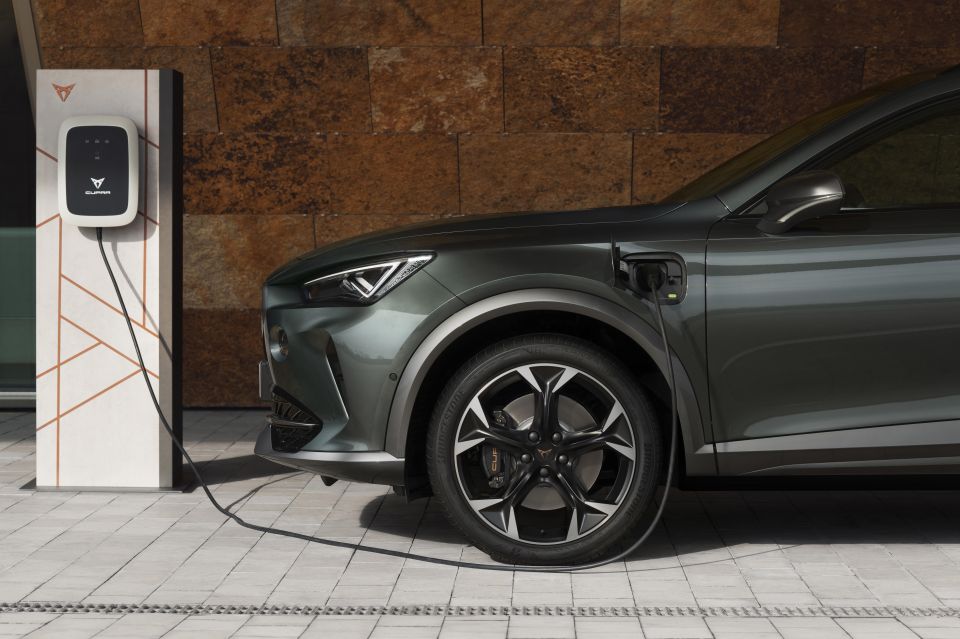
We’ll learn a lot from what happens with Cupra this year. We’ll be able to apply that to our thinking around the rest of our Group brands here in Australia, what the risks and opportunities are for all the Group brands.
What we do know is, we’re living in a very dynamic world now, great companies are reinventing themselves almost every 90 days. They have to, to stay ahead, in this world of disruption that we’re living in. And what I do want to create here in Australia is an organisation that is agile, that can respond to the market dynamics and industry changes, which we know are inevitable. Change is inevitable.
But what we do know for sure is that our dealers are an incredibly important part of our ability to succeed in Australia and to serve our customers in Australia. They will always be an incredibly important part. I do see the way consumers are going, they probably will want a blended approach. We are moving into a world of e-commerce, and there will be a day when customers want to buy their cars online.
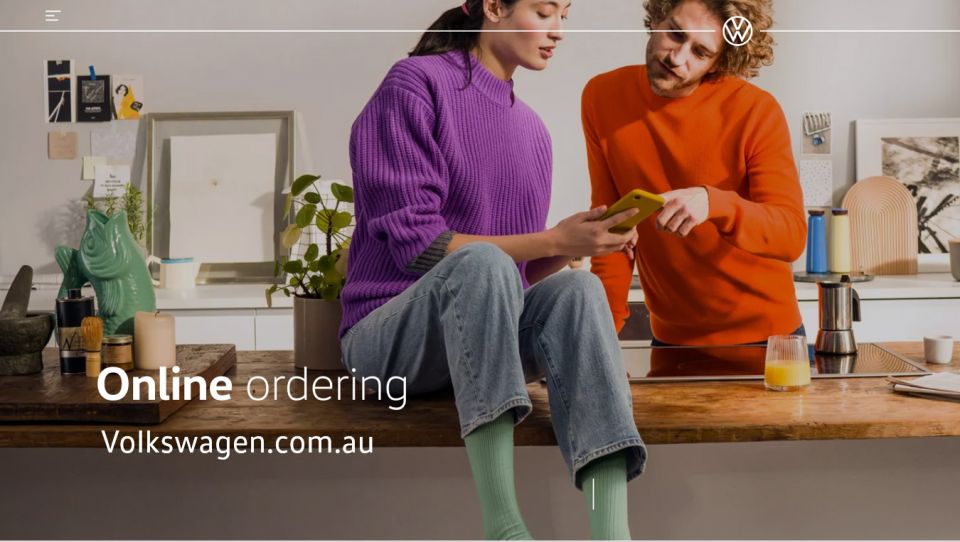
I don’t think that’s right now, from all the research that we get, and COVID gave us a test bed to look at that because we made that facility available, there still were very few people going end-to-end online. So it will be a blend of bricks and clicks, as they say, we will always need our dealers.
… We need to be there at every touch point, which is more complex than traditionally. Individualisation is the future of retail, and we’re coming from an industry that’s probably behind some of the trends in retail, in other industries. But I’m excited about that, and I’m excited about going on that journey with our dealers, because I don’t see how it’s possible for us to succeed without the dealer networks.
It’s really important that we continue to foster the great relationships that we’ve got here in Australia with our dealer network. There’s been a lot said and reported and done in recent years between OEMs and dealers, and I’d like to think that the integrity of our relationship with all of our Group brands here in Australia is intact. I’d like to think our dealers would say the same about that.
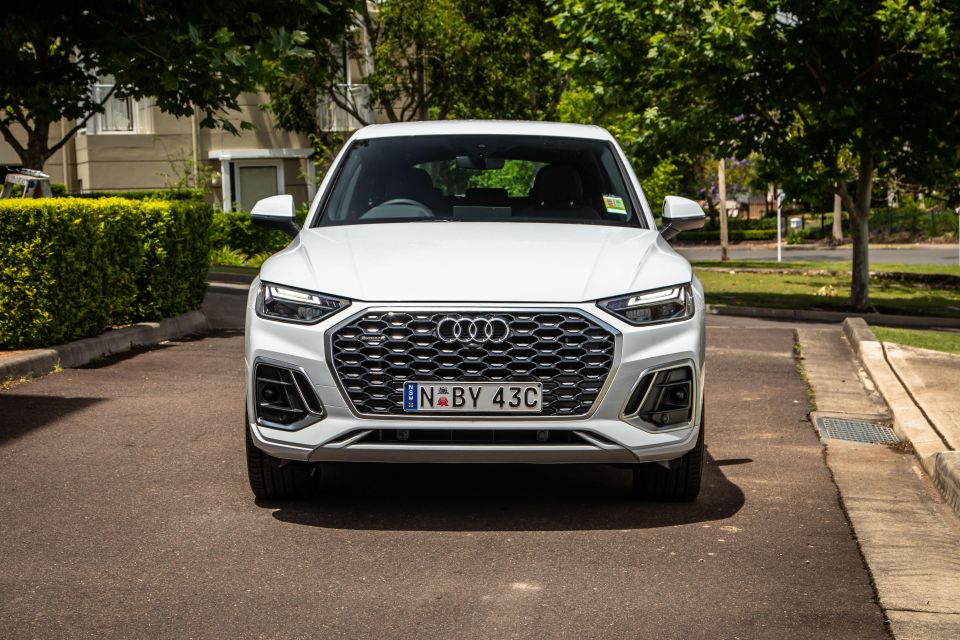
And when and if we do make some changes to the model, it would be holding hands with our dealers, because if one of us fails, then we all fail, and the impact is on our customers. So we’ve got to succeed together in this, in terms of delivering the best facilities, having the best people available to represent our brand, the best processes. That can only happen if you’ve got a harmonious relationship with your franchise partners, it can’t happen independently.
I had the opportunity to meet the Volkswagen Dealer Council recently and said exactly the same thing to them because it’s on their mind, it’s a very topical conversation. I had breakfast this morning with a major investor, and it was the first topic that came up, this topic, this question that you just asked, it was the first topic that came up.
If there is to be some change, we do it together. These things take years in the making, to make sure that we don’t in some way dilute the quality of experience that our customers are going to get here in Australia.
Keen on seeing more interviews with influential industry people from Australia and around the world? See a few more below.
MORE: Q&A with Michael Irmer, Skoda Australia director MORE: Q&A on why Mercedes-Benz is changing its dealer model MORE: Q&A with JET Charge founder and EV Council Chair, Tim Washington MORE: Q&A with Kia Australia COO, Damien Meredith MORE: Q&A with Scott Nargar, Hyundai senior manager of future mobility MORE: Q&A with Andreas Bovensiepen, Alpina CEO MORE: Q&A with Ian Callum Part 1 MORE: Q&A with James Voortman, CEO of the AADA dealer peak body MORE: Q&A with Julian Thomson, Jaguar design director MORE: Q&A with Nick Connor, Volvo Australia MD MORE: Q&A with Stephen Lester, Nissan Australia MD MORE: Q&A with FCA Australia MD Kevin Flynn


Matt Campbell
5 Days Ago


James Wong
4 Days Ago


Max Davies
3 Days Ago
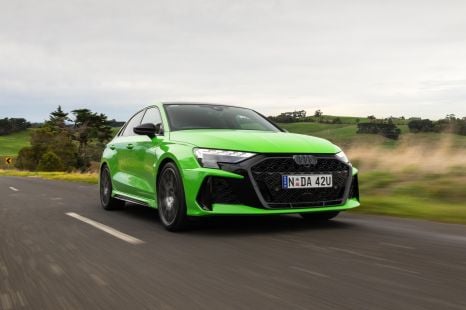

Josh Nevett
2 Days Ago
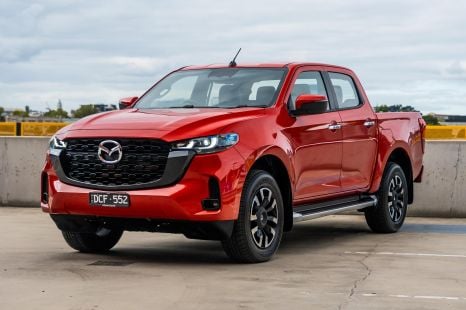

Josh Nevett
1 Day Ago
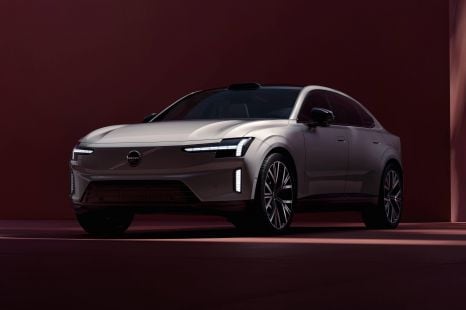

William Stopford
18 Hours Ago